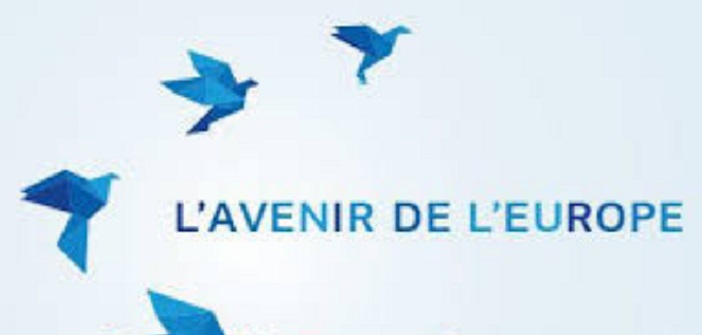“Europe will not be made all at once, nor according to a single plan: it will be built through concrete achievements which first create a de facto solidarity.” This is how the Minister of Foreign Affairs, Robert Schuman, gave birth to European integration in the clock room of the Quai d’Orsay on May 9, 1950. He then proposed pooling the French and German coal and steel production under the authority of a supranational institution in order to cement peaceful relations between the two countries.
Nearly seventy years later, the specter of war has faded, and the meaning of European integration has evolved. Twenty-eight countries (soon to be twenty-seven?) are now members of the European Union. And Europe Day has been celebrated annually on May 9 since 1985.
This year, the celebrations will take on a special significance as the elections of European deputies take place later this month.
To fuel reflection and debate, we revisit the major challenges that the European Union faces.
The first of these is the climate challenge. The Global Commission on the Economy and Climate reports in its latest publication on the vast potential for growth if practices are changed. As supporters of the Climate Agreement, France and Europe have a role to play in promoting the adherence to environmental commitments by States and, if necessary, conditioning their exchanges on adherence to this agreement.
The second is migration. Europe is naturally a destination for populations in exile, and it is also in its interest to guarantee a genuine co-development policy, notably in Africa. Beyond the humanitarian aspect, which is naturally the primary concern for governments, it is about financing the education of local populations and particularly the youth, enabling them to create activities and thus contributing to the development of local economies.


